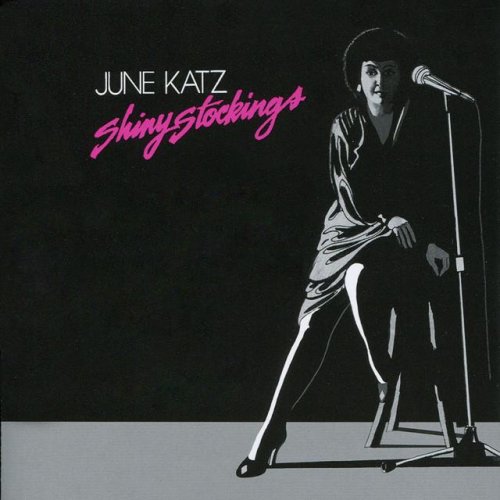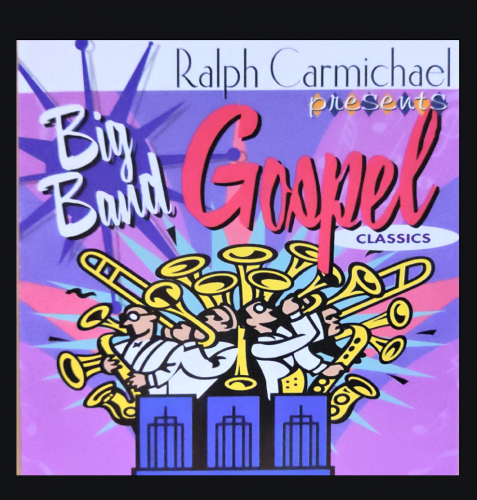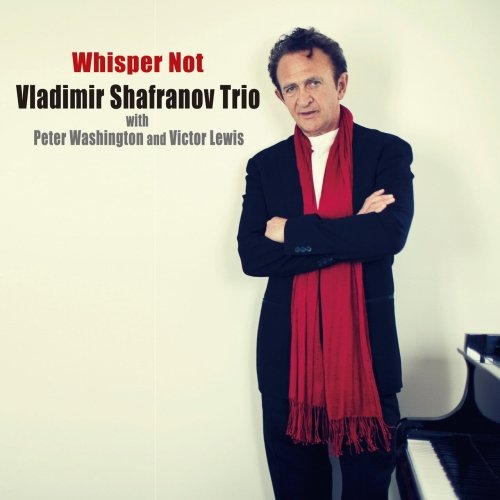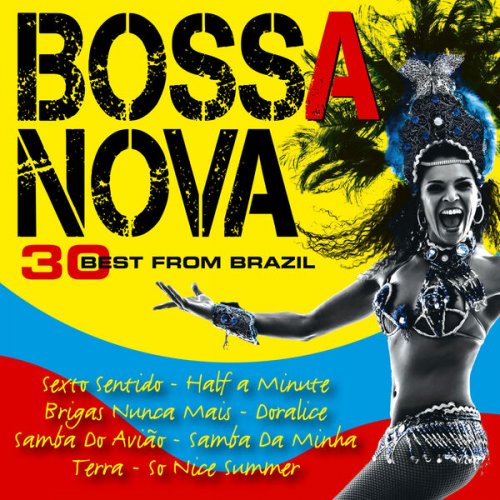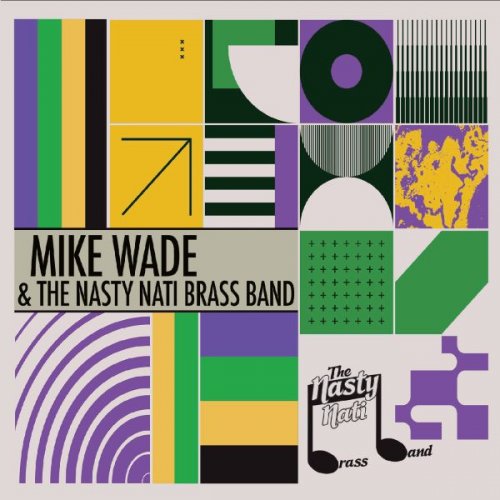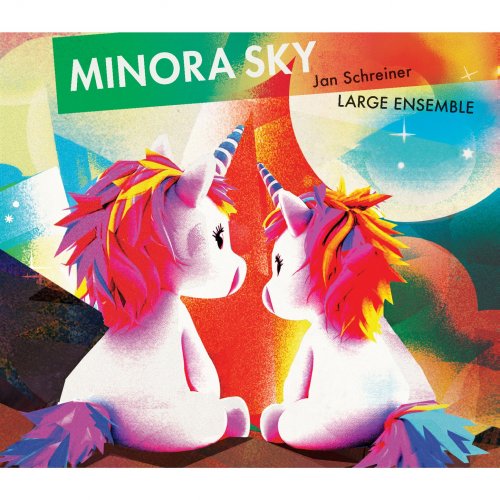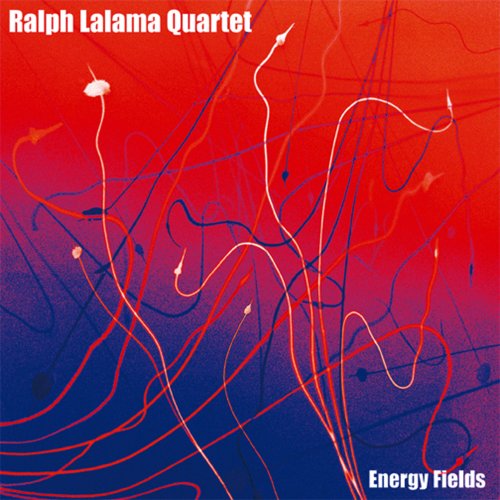Ensemble Modern, Markus Stenz - Paul Hindemith: The Chamber Concertos (1995)
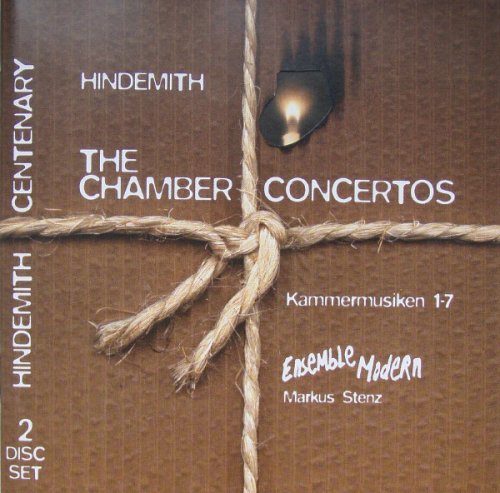
Artist: Ensemble Modern, Markus Stenz
Title: Paul Hindemith: The Chamber Concertos
Year Of Release: 1995
Label: BMG Classics
Genre: Classical
Quality: FLAC (tracks+.cue,log)
Total Time: 02:07:11
Total Size: 619 Mb
WebSite: Album Preview
Tracklist: Title: Paul Hindemith: The Chamber Concertos
Year Of Release: 1995
Label: BMG Classics
Genre: Classical
Quality: FLAC (tracks+.cue,log)
Total Time: 02:07:11
Total Size: 619 Mb
WebSite: Album Preview
CD 1:
Chamber Concerto No. 1, Op. 24 No. 1:
01. I. Sehr schnell und wild (1:10)
02. II. Mäßig schnelle Halbe (3:21)
03. III. Sehr langsam und mit Ausdruck (5:24)
04. IV. Äußerst lebhaft (6:09)
Chamber Concerto No. 2, Op. 36 No. 4:
05. I. Sehr lebhafte Achtel (2:46)
06. II. Sehr langsame Achtel (7:11)
07. III. Kleines Potpourri (1:20)
08. IV. Finale (5:09)
Chamber Concerto No. 3, Op. 36 No. 2:
09. I. Majestätisch und stark (2:21)
10. II. Lebhaft und lustig (4:23)
11. III. Sehr ruhige und gemessen schreitende Viertel (7:18)
12. IV. Mäßig bewegte Halbe (3:10)
CD 2:
Chamber Concerto No. 4, Op. 36 No. 3:
01. I. Signal. Breite, majestätische Halbe (1:48)
02. II. Sehr lebhaft (5:52)
03. III. Nachtstück. Mäßig schnelle Achtel (7:49)
04. IV. Lebhafte Viertel (3:16)
05. V. So schnell wie möglich (2:26)
Chamber Concerto No. 5, Op. 36 No. 4:
06. I. Schnelle Halbe (4:16)
07. II. Langsam (7:51)
08. III. Mäßig schnell (3:16)
09. IV. Variante eines Militärmarsches (3:10)
Chamber Concerto No. 6, Op. 46 No. 1:
10. Mäßig schnell, majestätisch (3:45)
11. Langsam (8:17)
12. Variationen (7:14)
Chamber Concerto No. 7, Op. 46 No. 2:
13. I. Nicht zu schnell (3:18)
14. II. Sehr langsam und ganz ruhig (8:30)
15. III. [Achtel bis 184] (6:43)
Performers:
Cello – Michael Stirling (tracks: 1-9 to 1-12)
Conductor – Markus Stenz
Orchestra – Ensemble Modern
Organ – Martin Lücker (tracks: 2-13 to 2-15)
Piano – Ueli Wiget (tracks: 1-5 to 1-8)
Viola – Werner Dickel (tracks: 2-6 to 2-9)
Viola D'amore – Wolfram Just (tracks: 2-10 to 2-12)
Violin – Peter Rundel (tracks: 2-1 to 2-5)
"Sand, see Sugar. Sugar, see Grocer. Grocer, see Hindemith." Such run Tovey's whimsical indexentries in Essays in Musical Analysis (London: 1935/9), inspired by Hindemith's Kammermusik No. 1 and its instrumental exotica. "I like Hindemith and ... he does not bore me" was his judgement, in contrast to Constant Lambert who, in Music Ho! (London: 1934), vented his spleen on the German composer at great and repeated length, calling him "everything in fact but an artist" and "the journalist of modern music", finding his "view of music ... almost excretory". Of his concertos — primarily the early Kammermusik ones of the mid 1920s — Lambert felt that they had "the family resemblance of shape and texture that one edition of a newspaper bears to another". Well, unsurprisingly for a set of works written in the short spell of five years, there are commonalities of style and form, but these are more than made up for by the sheer exuberance of the music, which is what Tovey appreciated.
Whatever your view of the Kammermusiken, the yardstick for recordings of them was defined by Riccardo Chailly and the Concertgebouw in their 1993 Gramophone Award-winning release. This new RCA set is the first challenger but, fine as it is, it cannot dislodge the Decca version. There is not much to choose between the performances and interpretations: Stenz is generally quicker in the early concertos, Chailly in the later ones; the Ensemble Modern produce a rather more hardedged sound than the Concertgebouw, abetted by the RCA recording, though I am not convinced it is quite what Hindemith had in mind, at least for the later instalments in the series (though I doubt if he would have minded overmuch). More importantly, inequalities of balance on the RCA set arise, particularly affecting the stringed instruments, both the soloists in Nos. 3-6 and the quintet in No. I. The Ensemble Modern's accordion in the last-named is barely audible compared to that in the Dutch orchestra, whose siren, incidentally, is in better health (I cannot vouch for the canister of sand). Chailly has the clear edge then in Nos. 1 and 4-6 (for violin, viola and viola d'amore, respectively). In No. 2 (for piano), Stenz and Wiget just shade the decision, but No. 3 (for cello) is a dead heat. I also prefer the RCA version of No. 7, the organ concerto, which was recorded at Hindemith's old music school, the Hoch Conservatoire in Frankfurt: its instrument produces a cleaner, crisper sound. Decca have the advantage secured still further by their inclusion of No. l's companion piece, the Kleine Kammermusik for wind quintet, which RCA parsimoniously omit. If you already have that work, though, and like a brittle tang to your Hindemith, then the Ensemble Modern and Stenz will not disappoint.
Whatever your view of the Kammermusiken, the yardstick for recordings of them was defined by Riccardo Chailly and the Concertgebouw in their 1993 Gramophone Award-winning release. This new RCA set is the first challenger but, fine as it is, it cannot dislodge the Decca version. There is not much to choose between the performances and interpretations: Stenz is generally quicker in the early concertos, Chailly in the later ones; the Ensemble Modern produce a rather more hardedged sound than the Concertgebouw, abetted by the RCA recording, though I am not convinced it is quite what Hindemith had in mind, at least for the later instalments in the series (though I doubt if he would have minded overmuch). More importantly, inequalities of balance on the RCA set arise, particularly affecting the stringed instruments, both the soloists in Nos. 3-6 and the quintet in No. I. The Ensemble Modern's accordion in the last-named is barely audible compared to that in the Dutch orchestra, whose siren, incidentally, is in better health (I cannot vouch for the canister of sand). Chailly has the clear edge then in Nos. 1 and 4-6 (for violin, viola and viola d'amore, respectively). In No. 2 (for piano), Stenz and Wiget just shade the decision, but No. 3 (for cello) is a dead heat. I also prefer the RCA version of No. 7, the organ concerto, which was recorded at Hindemith's old music school, the Hoch Conservatoire in Frankfurt: its instrument produces a cleaner, crisper sound. Decca have the advantage secured still further by their inclusion of No. l's companion piece, the Kleine Kammermusik for wind quintet, which RCA parsimoniously omit. If you already have that work, though, and like a brittle tang to your Hindemith, then the Ensemble Modern and Stenz will not disappoint.
![Martin Listabarth Trio - In Her Footsteps (2026) [Hi-Res] Martin Listabarth Trio - In Her Footsteps (2026) [Hi-Res]](https://www.dibpic.com/uploads/posts/2026-02/1771946819_folder.jpg)
